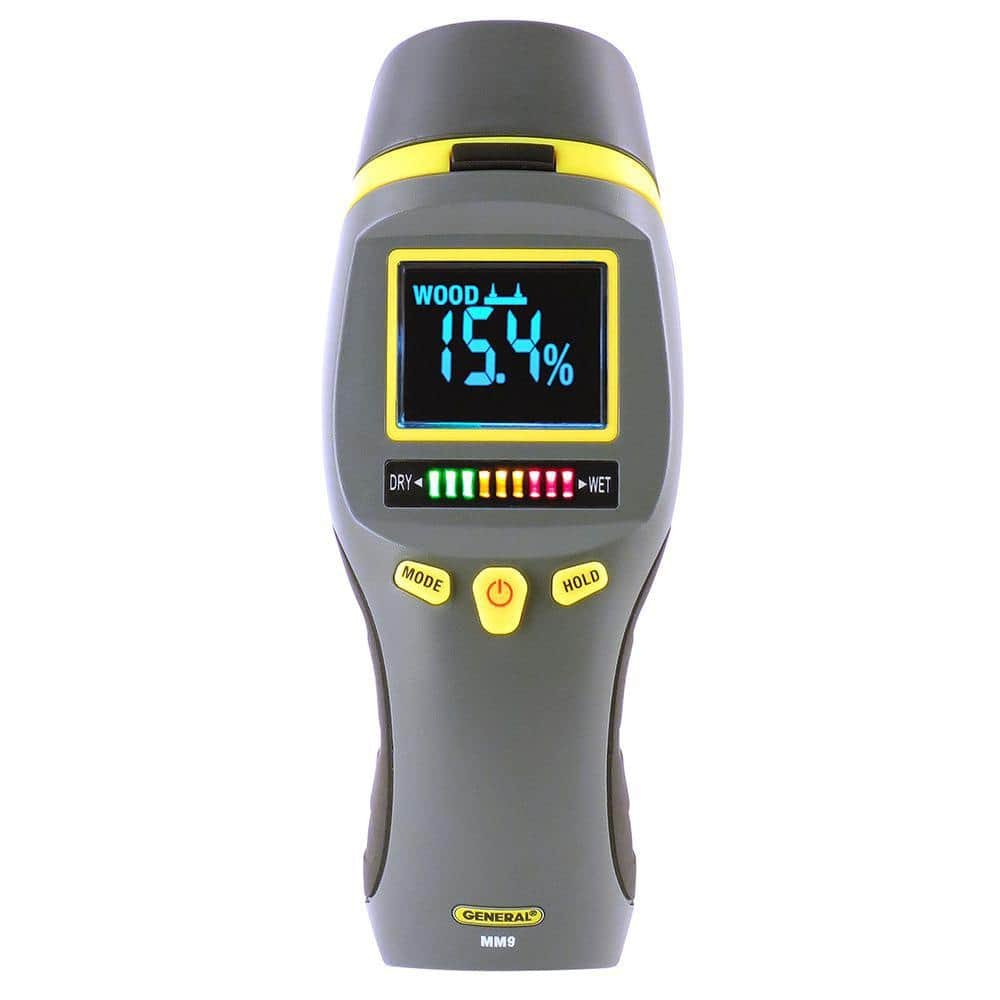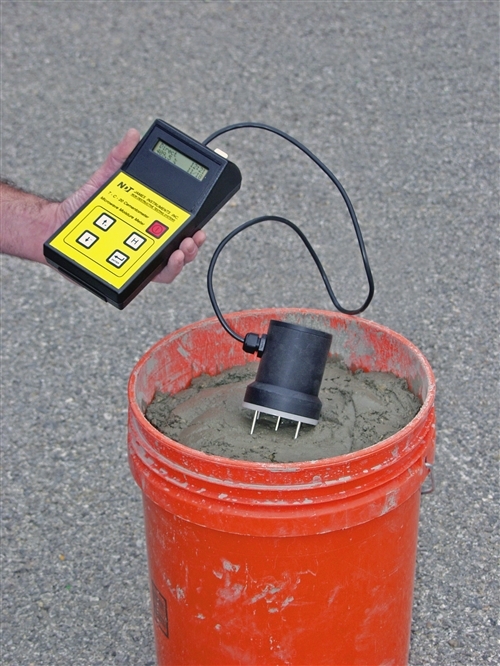The Ultimate Guide to Moisture Meters: A Comprehensive Review and Just How They Can Save You Money
In the world of structure maintenance, building, and different sectors, the value of accurately measuring wetness levels can not be overemphasized. Dampness meters serve as crucial tools in discovering and monitoring moisture content in products, helping in avoiding costly problems and guaranteeing the top quality of items. Recognizing the subtleties of different kinds of dampness meters, their applications, and the prospective cost-saving advantages they provide can be a game-changer for services and specialists alike. Discovering just how these gadgets can not just enhance processes yet likewise add to financial savings is a trip worth embarking on.
Sorts Of Dampness Meters
Different kinds of wetness meters are readily available for various applications in numerous sectors. One usual kind is the pin-type moisture meter, which determines the electric resistance between 2 pins put right into a material. This type is suitable for wood, drywall, and other building products. Pinless moisture meters, on the various other hand, usage electro-magnetic sensor plates to check a bigger area without triggering damages to the material's surface. Moisture Meter. These meters are perfect for rapidly examining moisture degrees in huge locations such as floors and wall surfaces.

Infrared moisture meters measure the thermal residential properties of a material to determine its wetness material non-invasively, making them valuable for applications where pin or pinless meters may not be appropriate. Comprehending the different types of dampness meters readily available can assist industries choose the most appropriate tool for their certain wetness measurement requirements.

Advantages of Using Wetness Meters
Wetness meters provide indispensable benefits in precisely checking and examining moisture levels in diverse products and atmospheres. One of the primary benefits of making use of dampness meters is the avoidance of potential damages caused by excess wetness.
Moreover, making use of moisture meters can result in increased power performance. By determining areas with high wetness levels, such as leakages or inadequate insulation, changes can be made to boost power preservation and decrease energy expenses. In agricultural setups, wetness meters play a critical duty in enhancing crop yields by making it possible for farmers to keep an eye on dirt dampness degrees and make informed watering choices. Overall, the advantages of utilizing moisture meters cover throughout different industries, giving cost-effective remedies and advertising far better high quality control methods.
Exactly How to Select the Right Moisture Meter
When selecting a moisture meter, it's necessary to ensure that the meter is appropriate for the details product you will be screening. Different products have differing electrical residential or commercial properties that can impact moisture readings, so picking a meter made for your material is critical for exact outcomes. By very carefully assessing these variables, you can select a dampness meter that satisfies your requirements and offers accurate dampness measurements for your projects.
Appropriate Strategies for Wetness Meter Usage

Cost Savings Via Moisture Meter Applications
Exactly how can the critical utilization of dampness meters cause substantial expense savings across various sectors? Wetness meters play a vital function in expense savings by preventing prospective damage and making certain quality assurance in various sectors. In the agriculture market, wetness meters aid in identifying the ideal time for harvesting plants, avoiding over-drying or excess moisture that can impact the final item's high quality. This precise surveillance aids farmers stay clear of unneeded losses and maximize their return.
Similarly, in building and construction, dampness meters help avoid costly problems by spotting moisture levels in structure materials, such as timber or concrete, which can lead to structural concerns if not dealt with without delay. By determining issue areas at an early stage, service providers can take rehabilitative actions to prevent considerable fixings or substitutes, eventually conserving time and cash.
In addition, in the food processing industry, wetness meters are vital for checking product high quality and guaranteeing compliance with safety guidelines. By precisely gauging wetness web content in food, suppliers can protect against putridity, preserve freshness, and reduce waste, resulting in significant Read Full Report price financial savings. On the whole, the calculated application of wetness meters is an important financial investment that can cause considerable price reductions and boosted effectiveness throughout various markets.
Verdict
In conclusion, wetness meters are useful devices for discovering and gauging wetness degrees in numerous materials. By utilizing the appropriate wetness meter and complying with appropriate methods, users can successfully protect against costly damages created by excess wetness.
Wetness meters offer as essential tools in finding and keeping track of moisture content in products, helping in protecting against expensive damages and making certain the quality of items. Infrared dampness meters determine the thermal homes of a product to establish its dampness content non-invasively, making them valuable for applications where pin or pinless meters may not be suitable.Dampness meters provide important benefits in precisely analyzing and checking dampness levels in diverse materials and atmospheres. In farming setups, dampness meters play a crucial role in enhancing plant yields by allowing farmers to check dirt moisture degrees and make informed irrigation choices.In final thought, wetness meters are beneficial tools for detecting and measuring moisture levels in this post numerous materials.